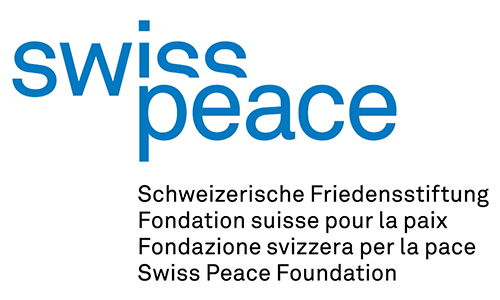Gender, Conflict & Peacebuilding Course
This course examines the relationship between gender, violent conflict, and peacebuilding. Participants will consider how war and militarism are highly gendered phenomena that impact men and women differently, and relatedly, how peacebuilding processes account for gendered dynamics. Throughout the course, participants will consider questions such as: how do gender stereotypes influence the way that we think about war and peace? What is the relationship between masculinity, militarism, and violence? How has feminist peace activism contributed to peacebuilding and why should peacebuilding processes remain attuned to local women’s peace movements? What are the strengths and limitations of the design and implementation of the UN Security Resolution 1325 on Women, Peace and Security? How does conflict open up potentially transformative spaces for gender relations, and how can peacebuilding processes foster rather than hinder the development of gender equality in post-conflict spaces? Ultimately, participants will gain an understanding of the gendered dimensions of violent conflict and peacebuilding, as well as evaluate the respective policy frameworks that address these complexities.
Participants will
- understand the relevance of gender analysis for understanding, managing and resolving violent conflict and peacebuilding;
- recognize the importance, but also the limitations, of gender mainstreaming in peacebuilding and governance (policy formulation);
- be invited to expand their understanding of peacebuilding processes to include new, gendered strategies, also in a digital ecosystem;
- learn how to integrate a gender-sensitive approach into programming;
- exchange experiences with experts and peers and become part of a community of practice.
This course examines the relationship between gender, violent conflict, security, and peacebuilding. Designed for policy, peacebuilding, and international development practitioners, participants will consider questions such as: How do gender stereotypes influence the ways that we think about war and peace? How can gender as a relational category, among race, class, nationality, and others be used for analysis of inequalities impacting peace and conflict? What are the strengths and limitations of the UN Security Resolution 1325 on Women, Peace, and Security? The course provides gender perspectives on fields such as mediation, conflict sensitivity, masculinities and militarism as well as introductions to feminist peacebuilding & digitalization. Participants gain an understanding of the gendered dimensions of conflict and peacebuilding and explore programmatic approaches to gender by working on case studies and evaluate policy frameworks that address these complexities.
Location
To apply for the course, please click on the button. Apply now
| Topics | |
| Languages | English |
| Evaluation | Confirmation of Participation |
| Target Audience | |
| Methods | |
| Accreditation | |
| Certificate |
If you have any questions about this course, please get in touch.
In order to send a message, please click on this button. Get in contact

